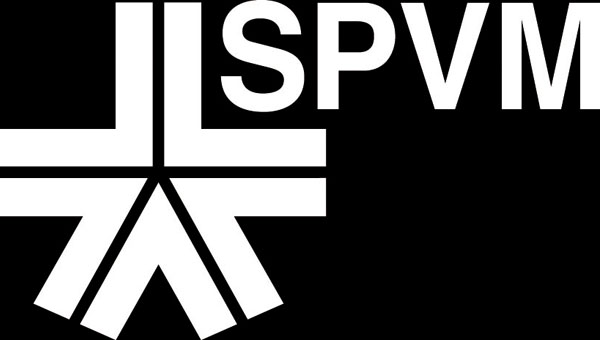By Yvonne Sam
Contributing Columnist
 On November 1, the general public was, once again, treated to the well-known manner, in which the SPVM (City of Montreal Police Service)representatives interact with the mentally ill.
On November 1, the general public was, once again, treated to the well-known manner, in which the SPVM (City of Montreal Police Service)representatives interact with the mentally ill.
The recent deployment, at close range, not once but twice, and directly to the face of the victim, speaks volumes, as to the level of progress that has been attained, between police and Blacks. Seemingly, after the initial spraying, the victim appeared unaffected, causing the police officer to repeat the treatment.
Given our nation’s woefully underfunded web of behavioral health care — and the fact that studies after studies, along with mounting evidence, have convincingly concluded that police officers are either poorly equipped or poorly trained to respond effectively to the mentally ill — I remain bewildered and baffled, as to why they are still being used as the agency of first response, in apparent incidents of emotional or mental health distress.
Additionally, the root cause of this problem, including the deadly encounters, should fall squarely on the shoulders of the government, for disassembly of the mental illness has turned mental health crisis from a medical issue into a police matter.
Not only is this patently wrongful and illogical, but also harmful, both to the individual in desperate need of care and the police officer, who is forced to respond.
Illustrating and mirroring racial disparities in other aspects of policing, the evidence shows that Black individuals exhibiting signs of mental distress, are at greater risk of negative outcomes during encounters with law enforcement.
Often heard, in the aftermath of negative police encounters involving Blacks, is the question: “Why did he not just comply? A fair question, but, sadly, not that simple a response, as volatile dynamics often underpin, what some might consider, defiant responses that police are ill-equipped to deal with.
While training provides some degree of understanding towards a procedural response, due to the training insufficiency and inconsistency, over-reaction can occur during an encounter with the mentally ill.
When a police officer encounters a person in crisis, the response can be as varied as the personality of the involved officer. Or, should that be officers taking into full consideration the fact that one solitary individual might need the intervention of four officers.
Sometimes the mere presence of an officer in uniform, the loud sirens, flashing lights, loud aggressive commands can all serve as the catalyst in intensifying the psychosis of someone in crisis. Granted that officers are trained to be authoritative and take immediate control of a situation, those suffering from mental illness would benefit from a different approach, altogether.
It is blatantly apparent that additional police training is not tantamount to gaining, with families becoming losers, when police answer in cruisers. Relieve the police immediately of such duties, and replace them with a provincial on-call first responder Mental Health Tactical Team, comprising of trained and fully-qualified mental health professionals, versed in the de-escalation of situations involving persons with mental illness.
In 1829, Sir Robert Peel — who served twice as Prime Minister and Home Secretary of the United Kingdom, and is credited with creating the Metropolitan Police Act — outlined 9 principles of policing. On the part of the SPVM, it is apparent that some of these principles of old, have become somewhat cold.
No longer can the public sit by and allow ill equipped and undertrained police officers to cause any further harm. We cannot keep repeating the same thing, over and over again, expecting a different result each time. Let the law enforcement agencies perform the tasks for which they have been trained and are best suited, and bring in the professionals, void of weaponry, to deal with the mentally ill, whom they fully understand.
A Mental Health Tactical Team is the answer to this ongoing woe. If the SPVM must, a more humane interaction show.
Yvonne Sam, R.N. S.C.M. R.M.N. BScN., M.Ed., Dip. Adult Ed., is a British-trained Mental Health Nurse.
 Pride News Canada's Leader In African Canadian & Caribbean News, Views & Lifestyle
Pride News Canada's Leader In African Canadian & Caribbean News, Views & Lifestyle





